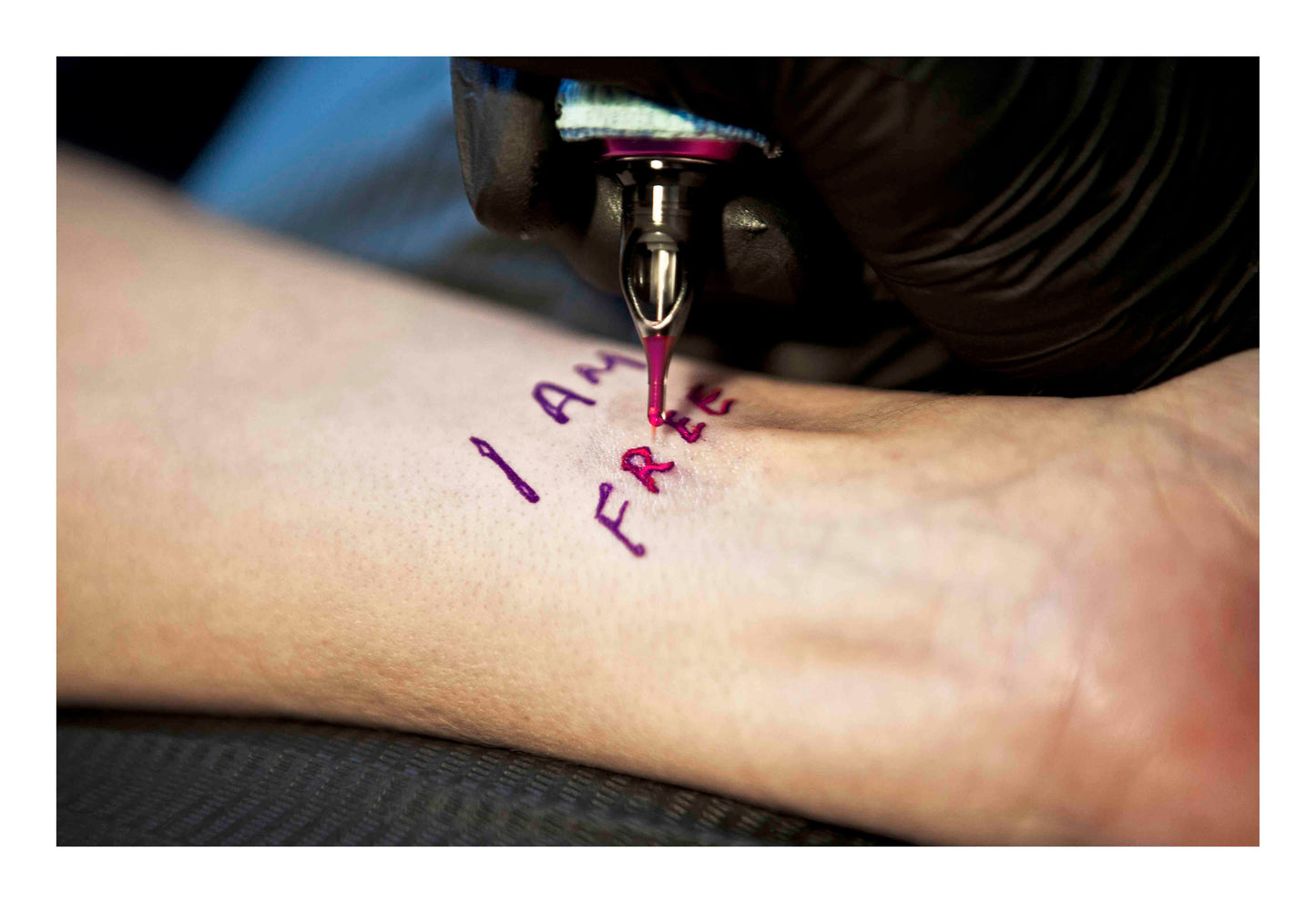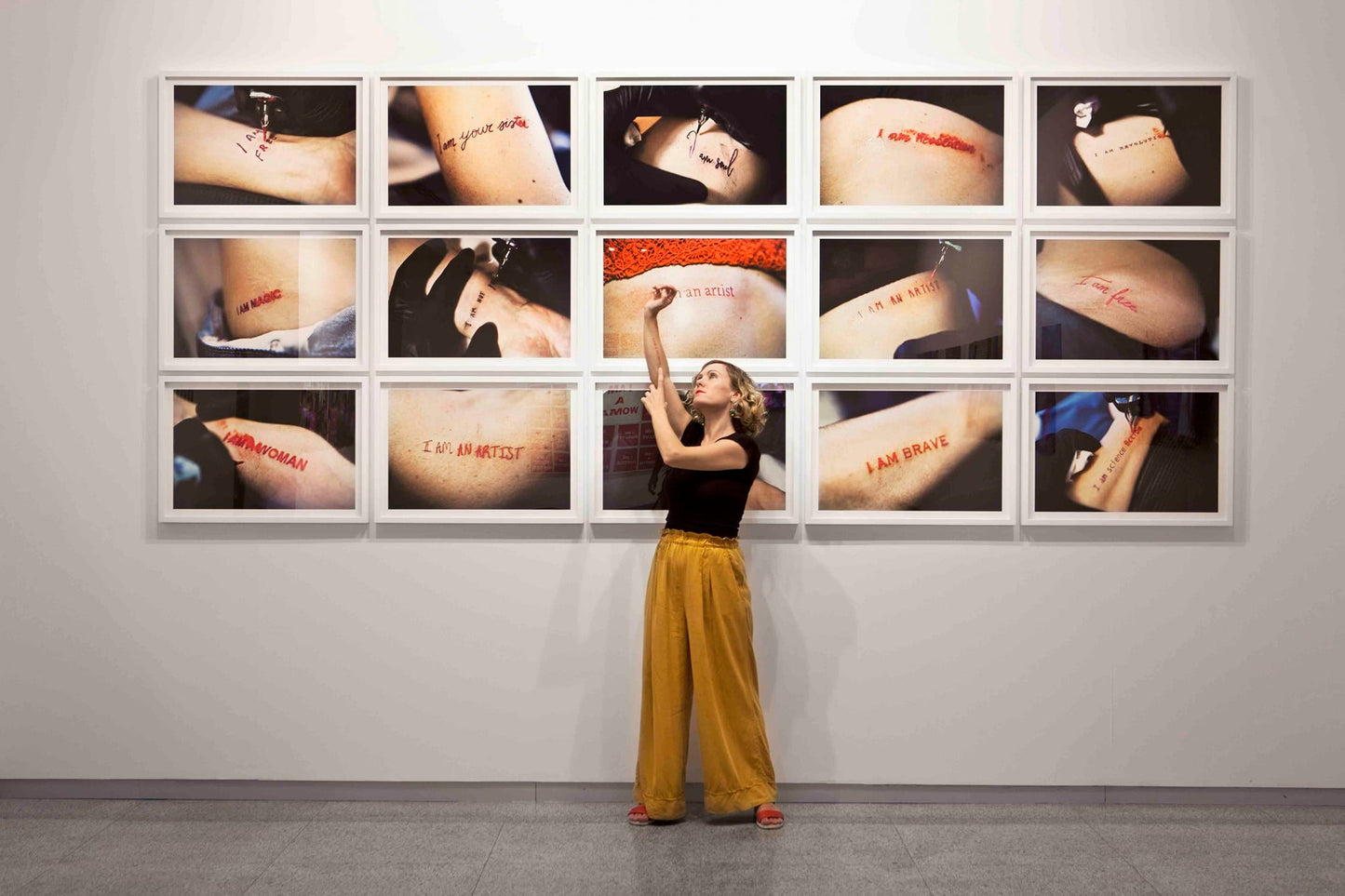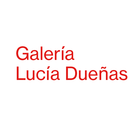Galería Lucía Dueñas
I am free
Couldn't load pickup availability
I am free - The guests - 51 x 73 cm., inkjet print on cotton paper, edition of 5.
The Guests
I AM A WOMAN arises from one of the critical principles of current feminism, the inversion of gender roles as a tool for analysis and a channel for female empowerment. Long before Verónica Ruth Frías took this sentence to the category of a work of art, the artist Glenn Ligon did the same from his condition as a black and homosexual man starting from the words I AM A MAN, a simple proclamation that nevertheless treasured a extensive meaning as it comes from the claim of some African-American strikers in Memphis (1968). Glenn Ligon brought the banner to canvas with no more stylistic concerns than the black-on-white typeface of the original.
Verónica traces the principles of the artistic corpus I AM A WOMAN as a direct consequence of those assumptions, this time (half a century later) to assert that it is necessary to speak from the condition of a woman. In all walks of life, of course, but particularly in the world of art, where women hardly gain access to shares of power in management, as well as in curatorial selections of museums and exhibitions, or in the rigorous filter of books. specialists and art critics. It is precisely the written word that has ignored the female gender, favoring masculine pseudonyms or simply invisibility and oblivion, one of the most effective barriers to which female creators of any era have been subjected and continue to be subjected.
During the past 2018 we read with astonishment the octogenarian Georg Baselitz boasting of the inferiority of the female sex in relation to artistic creation, justifying the obvious inequalities between the collecting of artists of both genders. The market is correct. Women just don't pass the test. It is difficult for us to admit that in the present tense that position of an artist exalted by success is used to validate a syllogism of sinister totalitarian roots.
I AM A WOMAN works as a choral project in which the artist involves women from different sociocultural environments, through a range of complementary actions that are still under development and gradually expanding, based on the premise of inherent virality. to all forms of activism of the present. By inviting women to be photographed with these new emancipation and visibility slogans, or to be tattooed with them, she emphasizes what has become one of the main keys of the current feminist movement: sisterhood. They made the message their own and made the initial performative vocation transcend, to constitute with their own bodies a kind of non-static exhibition.









